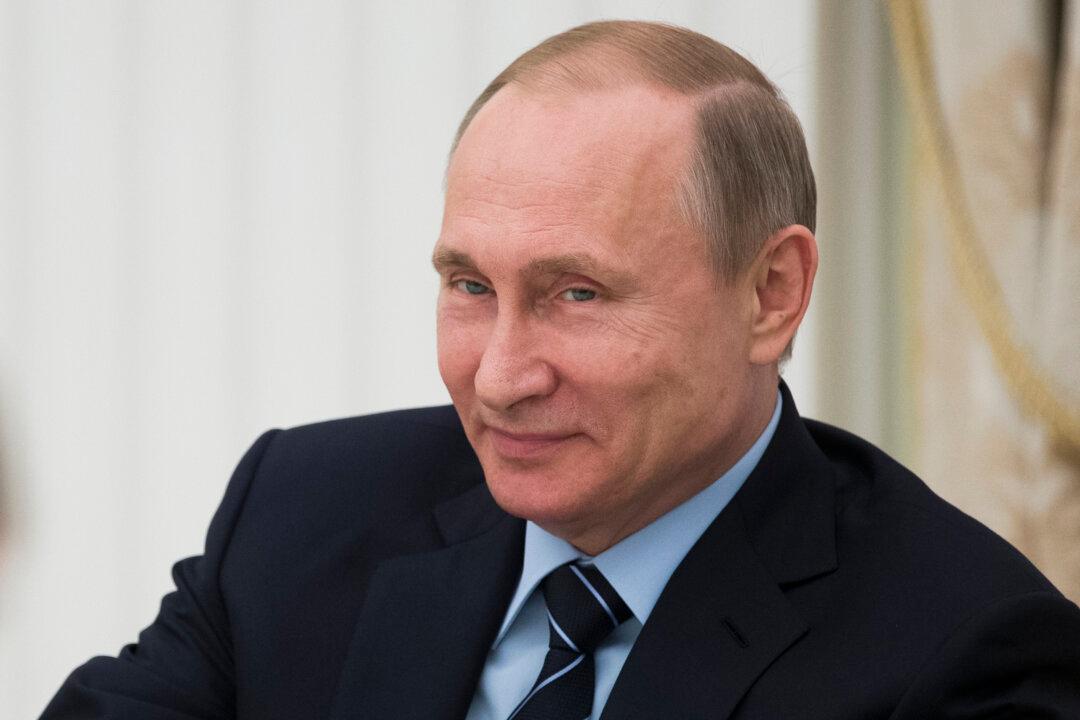The early Russian media reaction to the claims from the Panama Papers that Putin’s close associate channeled more than $2 billion to offshore companies has been quite predictable: a combination of denial, counter-claims of poor journalism and, of course, silence.
In a country where the state has significant control over media outlets and given the number of other big stories around (Ukraine, Syria, and the ongoing economic crisis in Russia) burying news is not too difficult for Putin’s media managers.
You might think that with an approval rating hovering above 80 percent, there is little reason for Putin even to be flinching. Certainly the allegations are unlikely to create immediate problems for the regime, as has been argued elsewhere in The Conversation, but their timing and focus will be uncomfortable.
